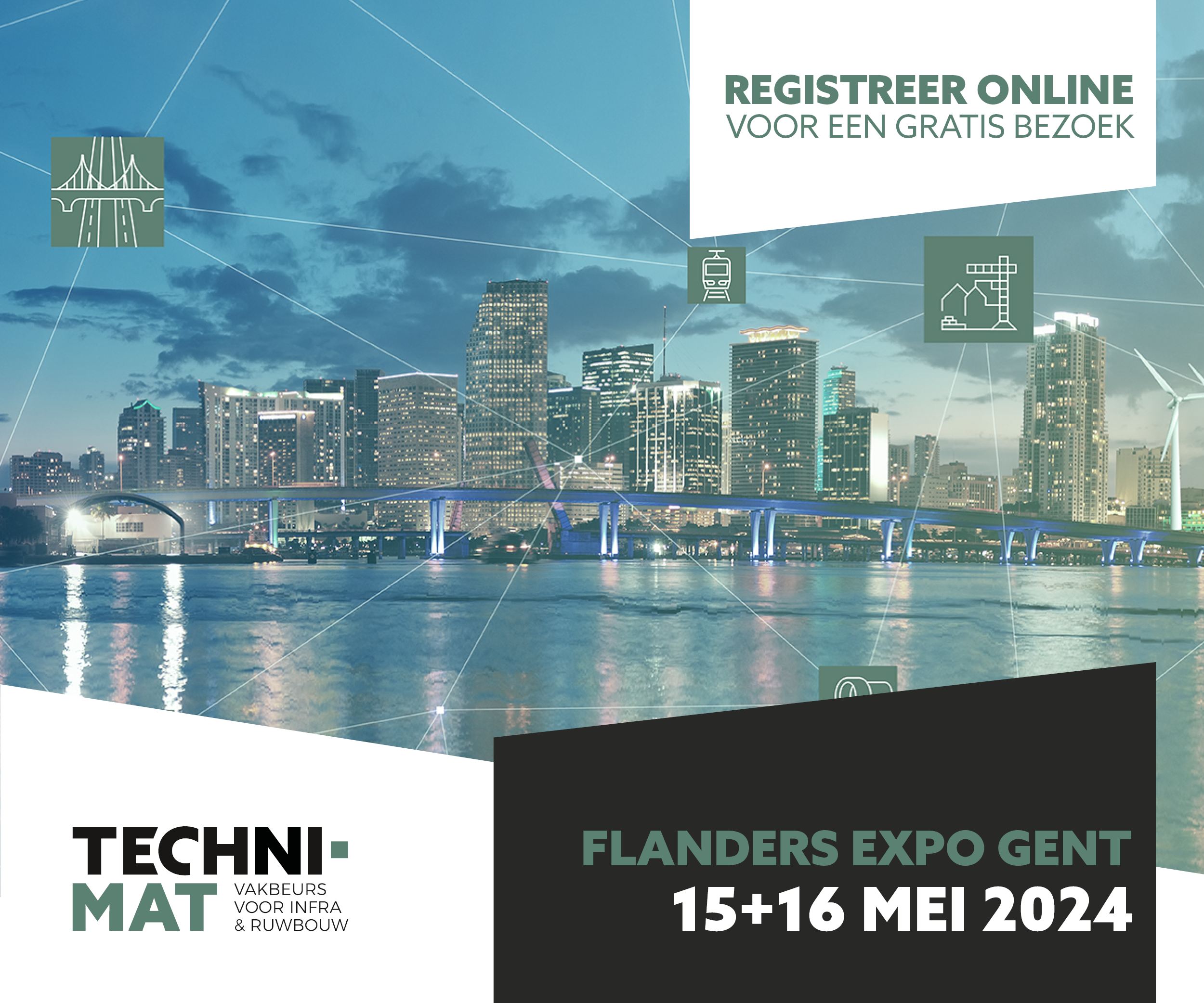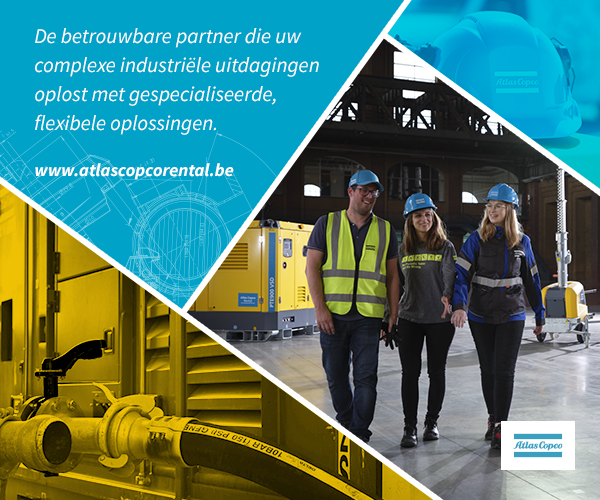ENGINEERINGNET.EU -- The Russian Federation has been named the upcoming Partner Country for Hannover Fair 2013. This was announced by Deutsche Messe and the Russian Federation's Ministry of Industry and Trade.
Both parties expressed their conviction that Russia's participation would offer important opportunities to intensify bilateral business and trade relations.
According to a survey by the Russian-German Chamber of Foreign Trade, German enterprises are planning to invest almost one billion euros in the Russian market over the course of 2012.
More than one half of all German companies operating in the Russian market do not expect the euro crisis to have an impact on their business performance.
The survey indicates trade with Russia might even compensate for losses incurred in the EU area. According to the Chamber, the positive economic trend in Russia has led to a rise in exports in the first five months of 2012.
"Following the crisis in 2008, numerous European enterprises are showing a greater level of interest in the Russian market. This is due, firstly, to the relative proximity of Russia and, secondly, to the long-term attractiveness of Russia as a customer for capital goods intended for the modernization of the domestic economy," explains Dr. Jochen Köckler, Member of the Managing Board of Deutsche Messe.
The Partner Country for 'The Messe' 2013 is already playing a key role in the transition to alternative energy sources. Russia is Europe's largest supplier of natural gas, currently covering approximately one quarter of total demand. According to a study by the energy company ExxonMobil, natural gas will become the single most important energy source within the next two decades.
As from 2030, gas will supersede oil as the predominant energy source and thus contribute decisively to the transition to alternative energy. At present one third of all gas imports come from Russia. The country has the world's largest natural gas reserves, accounting for one quarter of all proven recoverable reserves.
Russia's political leadership however is not relying solely on the energy sector. A number of imminent state investment programs in the areas of agriculture, housing and infrastructure development are expected to create new opportunities - especially for German companies.
For example, in the period up to 2014, the state-owned Russian Railways are planning to invest around €27 billion. The economic development of the Far Eastern Federal District will receive government funding amounting to approx. €24 billion in the period up to 2013.
President Vladimir Putin recently announced the creation of 25 million new skilled jobs. This will open up new opportunities - for major European conglomerates, as well as for small and medium-sized enterprises in Germany.
The structure of the companies operating in Russia is similar to that found in Western Europe: 90 percent are small and medium-sized enterprises, which successfully market highly specialized products.













